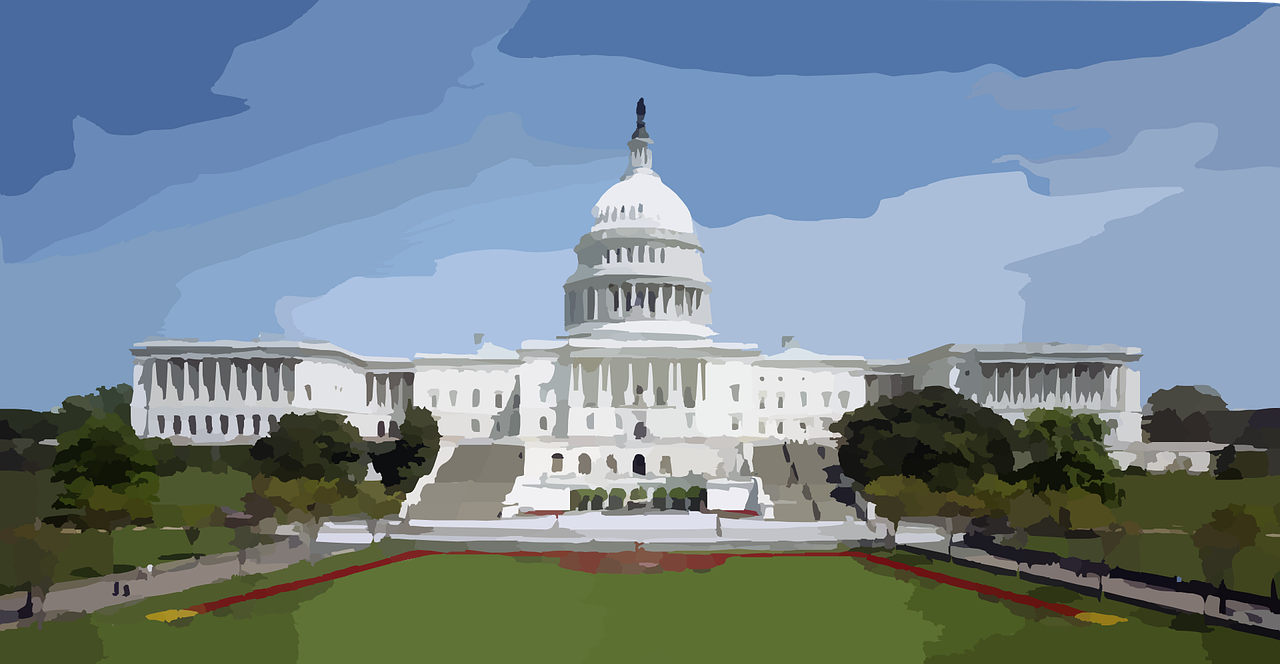
The Latest from Washington
by Dani Kehoe, Counsel to NAIFA
(NOTE: This column was written on Monday of this week – prior to Tuesday’s Georgia Senatorial race and Wednesday’s events at the U.S. Capitol. — Editor)
The 116th Congress is (finally) done. The Senate adjourned Friday, January 1, after overriding the President’s veto of the defense bill and after failing to overcome objections to voting on the House-passed CASH Act (the bill that would have increased individual stimulus payments from $600 (as enacted into law on December 27) to $2,000.
The 117th Congress: Both the House and Senate convened again on Sunday, January 3, to officially adjourn, sine die, the 116th Congress and then almost immediately to convene the 117th Congress. The House then elected its Speaker (Rep. Nancy Pelosi (D-CA))—she has pledged this will be her last term as Speaker of the House.
Also, on the agenda was adoption of rules for the House for the 117th Congress. Perhaps the most significant of those rules is modification of the pay-go rules (the rule that says new spending/tax cuts must be offset) that will make it easier for this Congress to enact legislation that contributes to the federal deficit. This is widely deemed necessary as Congress continues to grapple with the need for more aid as a result of the pandemic’s adverse impact on the economy, and to help individuals and businesses hard-hit by the coronavirus.
Control of the Senate: This upcoming week will also (likely) bring closure to the issue of which party will control the Senate in 2021-2022. Two run-off elections in Georgia (pitting GOP incumbents David Perdue and Kelly Loeffler against Democratic challengers Jon Ossoff and Ralph Warnock) take place tomorrow (January 5). Currently, both races appear to be too close to call. If the Democrats win both those seats, they will control the Senate and its agenda (the partisan split would then be 50-50, and the tie-breaking vote would be by a Democrat, Vice President Kamala Harris). If the GOP wins one or both of those seats, they will retain control of the Senate and its agenda, with a one or two-vote majority.
Either way, the partisan split will be very close; neither party could afford to lose many if any of its members on a partisan vote. That could bode well for bipartisan legislating. Or it could mean even more gridlock. Given Joe Biden’s history in the Senate, most Washington insiders are betting on at least some more bipartisan legislating, although everyone concedes that partisanship is not dead and will still dominate many big-picture issues (with gridlock resulting).
One interesting “inside Washington” note—there had been talk of changing Senate rules to eliminate the procedural legislative filibuster that results in virtually every contentious issue needing a 60-vote margin to pass the Senate. That appears impossible this year. Already one Senate Democrat (Sen. Joe Manchin (D-WV)) has said he would not vote to eliminate the rule that creates the 60-vote threshold, and there are others in both parties who feel the same way. So, it would appear the 60-vote threshold in the Senate will remain part of the legislative landscape in 2021-2022.
What’s Coming: First, we have more drama to live through this week—a challenge to the Electoral College vote count (Congress is scheduled to count and certify those votes Wednesday, January 6). Washington insiders believe the challenge is doomed to failure—but it will take hours (possibly a full day or longer) to work through the resulting required debate. Still, by January 7, President-Elect Joe Biden’s apparent victory is likely to be certified. But remember, President Trump remains in office, and in charge, until Biden’s inauguration on January 20. And there’s no telling what he may do with his presidential power between now and then. But it’s a good bet there will be drama all the way up to the inauguration in just shy of three weeks.
Legislatively, it appears likely that the first substantive legislation to come before the 117th Congress will be an attempt to enact more coronavirus-related aid. However, both chambers of Congress will be closely-divided, meaning anything that is particularly partisan or controversial will have little chance for acceptance. But “small ball” issues—or larger ones that have widespread bipartisan support—could win enactment. An example of this is the bipartisan “generation two” pension reform legislation offered last month by the leaders of the House Ways & Means Committee—Chairman Rep. Richard Neal (D-MA) and Ranking Member Rep. Kevin Brady (R-TX). This legislation (which will have to be reintroduced in the 117th Congress) has significant bipartisan support in the Senate. Its chances for enactment at this point appear reasonably good, although the timing is uncertain.
Examples of the partisan and controversial issues include liability protection against COVID-related lawsuits and more money for state and local governments. However, the possibility of a “trade” on these issues exists—states and local governments are having trouble getting COVID vaccines actually delivered, and many people think some of the slow pace of inoculation is attributable to revenue shortfalls at the state/local level. That will be a powerful motivator for getting more money into the vaccine distribution pipeline. And while Democrats do oppose the wide-ranging liability protection proposals offered by the GOP, many would support something more tailored and narrowly-applied. A compromise on these issues is possible.
Finally (for this week), despite the eased pay-go rules, expect considerable debate over the cost of any specific spending or tax cut change. There is growing concern about the deficit—as of the close of fiscal year (FY) 2019 (and so a year out of date), the deficit was closing in on $1 trillion (it was $984 billion), or 4.6 percent of gross domestic product. In general, lawmakers from both parties agree that now—during a time of historically low-interest rates for borrowing and in the face of great pandemic-triggered need—is not the time to deal with the deficit issue. But it won’t be long, once the pandemic is controlled, before that issue rises to the top of the Congressional agenda.
Regulation: The outgoing Trump Administration is in an intense scramble to finalize regulations prior to the change-over in the White House. On January 1, the Department of Labor (DOL) got back from the White House (OIRA, or the Office of Information and Regulatory Affairs) its’ proposed-to-be-final new independent contractor/worker classification regulation. That means it’s likely to be finalized later this week. That reg is controversial and will certainly spark both Congressional and agency-level reaction. It will be harder for the Biden Administration to change (or kill) it, once it’s final. (There’s some chance for a Congressional Review Act (CRA) effort to kill it, but given the narrow margins in the House and Senate, it’s a pretty slim chance.) But you can bet they will try to change if not kill it even if they have to do it “the hard way.”
Worker classification matters to many NAIFA members who are classified as independent by their companies. It’s an issue both in legislation and regulation, and one we are watching closely.
|
|||||||||||||||||||||||||



